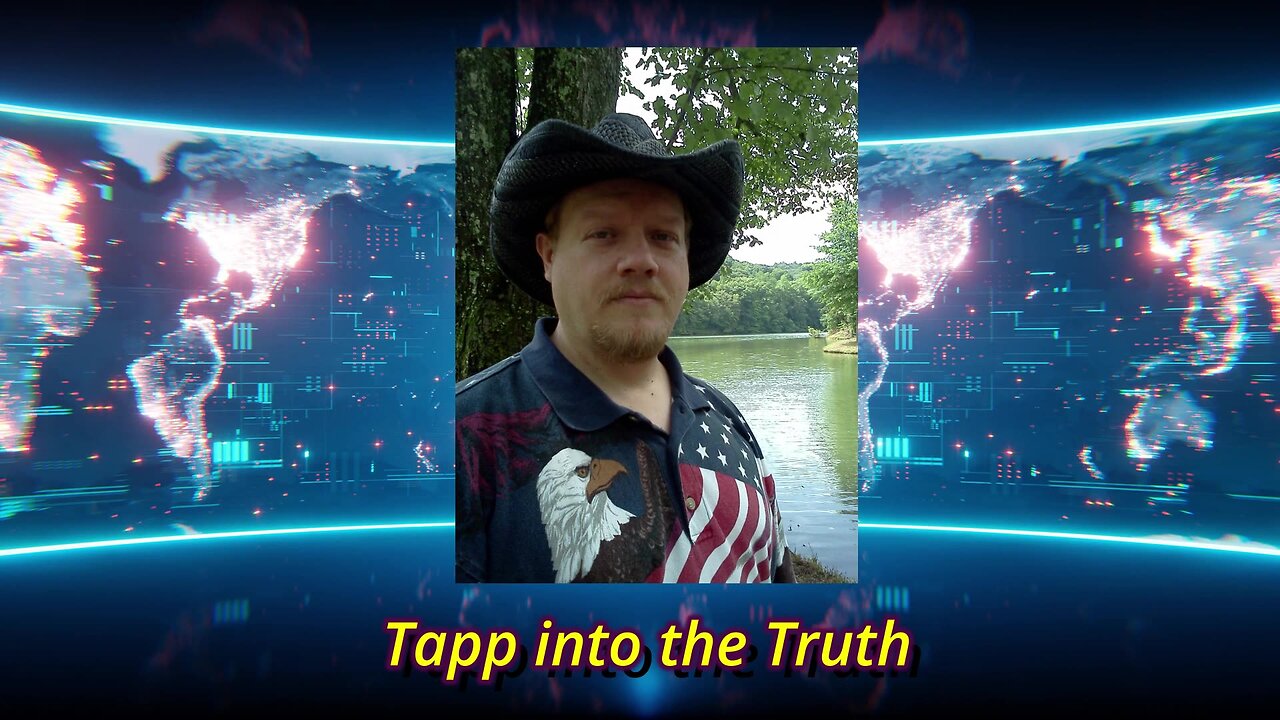Since 2006, a non-profit network known as B Lab has been growing internationally in Australia, East Africa, mainland Europe, and North and South America. B Lab claims to be working toward "transforming the global economy to benefit all people, communities, and the planet." Sound familiar? Their stated goals should sound like an overplayed pop song. The B Lab UK website says they seek to effect economic systems change to support their collective vision of an inclusive, equitable, and what they call a "regenerative" economy. Their purpose is to redefine "success in business" by building a community of engaged businesses. The goal is to shift the "global economy from a system that profits few to one that benefits all: advancing a new model that moves from concentrating wealth and power to ensuring equity, from extraction to generation, and from prioritizing individualism to embracing interdependence."
Over the course of the last decade-plus, we have seen the efforts of conservative voices sounding the alarm about ESG scoring and how it was being used to pressure private businesses to ignore their fiduciary responsibilities in the name of the "woke" agenda. Companies like BlackRock used environmental, social, and governance scoring standards to elevate a company's "attractiveness" in what is often referred to in their circles as "ethical investing." They also used their proxy votes, gained by acquiring a sizable stake in publicly traded companies, to change broad membership to manipulate the focus of a company away from the "bottom line" to the change that the global political left is pushing. The idea has always been that private business, rather than government regulation, would make the changes look like a normal social evolution rather than elitist control of the masses.
Those efforts to raise awareness of ESG in action, along with missteps like Bud Light and Target, have finally started affecting the business world. We have begun to see States refuse to use BlackRock and other companies with similar agendas to invest state-funded pension funds. We have watched as sizable companies have started moving away from the DEI programs they had in place. DEI programs are designed to improve ESG scores while moving hiring practices away from merit-based decisions to create a higher level of "representation" of minority groups. The pushback against what may have begun as a well-meaning idea (however, I doubt it) but ended up in practice being a tool of anti-white, and in some cases anti-Asian, racism and a means to attack capitalism has gained enough traction to make the ESG catchphrase a less attractive acronym to see on your company websites and investment prospectus.
The global political left has worked too long and hard to create the ESG framework, so they are not about to let it go. The political left is nothing if not predictable. They have been using the same playbook for centuries now. They go down the checklist until they find something they believe will work and then run with it until either they win, or the freedom-loving people of the world catch on, and they are forced to change tactics again. Sometimes, it is a matter of employing more than one tactic simultaneously. Demonize the other side. (Okay, that one is in effect.) Rebrand the current framework, hoping the new name will deceive you into believing it is something different. (They think we are all stupid.)
That brings us back to the B Corp. It is a way to promote all of the same "virtue signaling" of a high ESG score without any of the negative baggage of the now-becoming "out of favor" acronym. Watch as this (hard to call something that has been around since 2006 new) term is pushed as something all businesses should seek to be certified. B Corp certifications will become investment criteria for the BlackRocks of the investment world and will be embraced by the "Green New Deal" crowd. And why shouldn't it be? After all, it is just a different name for the same old song and dance.

















